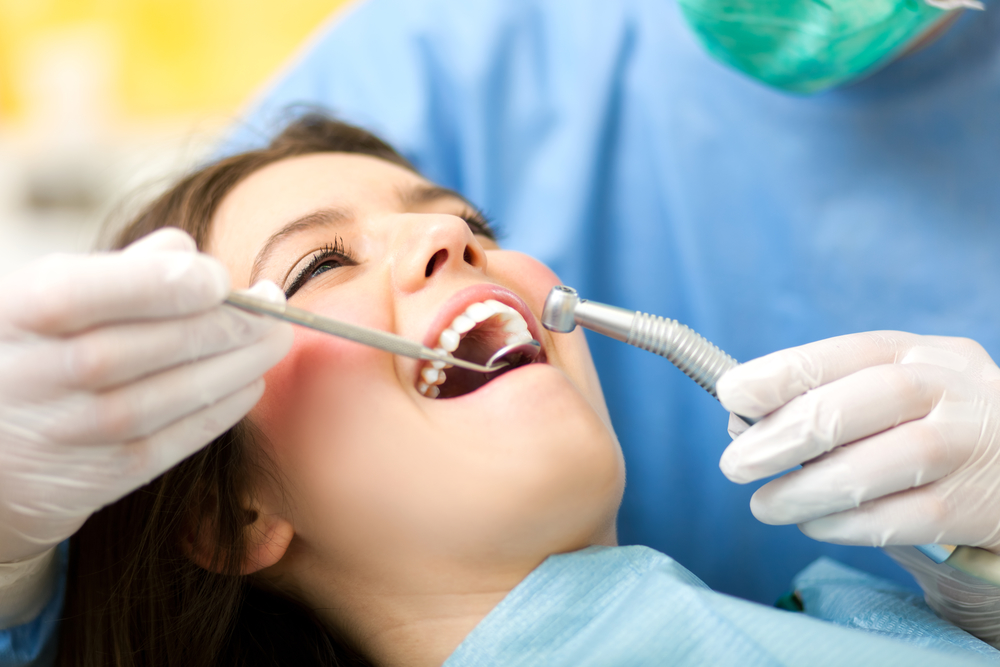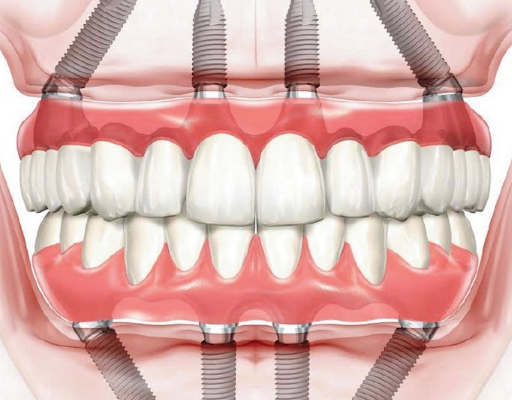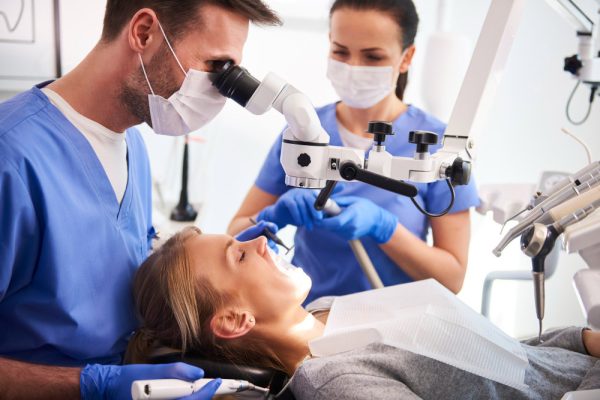Introduction: Dental care is an integral part of the overall health of seniors. There are some significant points to remember regarding seniors’ dental care. It’s essential to ensure that seniors brush and floss regularly, preventing cavities and gum disease. Another important thing is that seniors should see a dentist for regular checkups and cleanings. This will help to keep their teeth healthy and their smile bright. Finally, they should be aware of the signs of dental problems to seek treatment early on.
- Importance of oral hygiene: Maintaining oral hygiene as we age is essential. We are more likely to develop certain conditions, such as gum disease or tooth decay. And we may have difficulty keeping up with our oral hygiene routine. That’s why it’s essential to find a dental care provider who understands the unique needs of seniors. Emergency dentists near me can provide necessary dental care for seniors in continuing care retirement communities (CCRCs). These facilities typically offer on-site dental clinics and emergency dental services. They also have dentists specializing in geriatric dentistry and can provide preventive care, screenings, and treatments tailored specifically for older adults.
- Common dental problems among the elderly: Anyone can suffer from dental problems, but some issues are particularly prevalent among people who are up in years. Most older people lose all of their teeth. Those who still have all or most of their teeth may find that time has caused their enamel to become worn thin, increasing their risk of sensitivity and other uncomfortable issues. Dental problems seriously threaten seniors’ physical health and well-being if left untreated. For example, gum disease increases the risk of dementia and heart problems. Badly damaged teeth may make it more challenging for seniors to eat a healthy diet. And the aesthetic aspects of dental issues, such as bad breath and stained teeth, may adversely affect seniors’ confidence.
- Safety precautions of oral hygiene regimens: It’s essential to take extra care when performing oral hygiene regimens, as there is a risk of harming delicate tissues. It will be best to use a soft-bristled toothbrush and gentle circular motions when brushing. Avoid vigorous scrubbing, as this can damage gums and teeth. When flossing, take care not to harm your gums in the process. When it comes to oral hygiene, you can do a few things to help keep your mouth healthy and avoid any potential problems. Here are some safety tips to follow:
- Be sure to brush your teeth at least twice a day and floss once daily. This will help remove any bacteria or plaque that can cause problems in your mouth.
- Avoid using tobacco products, as they can increase your risk of developing gum disease and other oral health problems.
- If you wear dentures, clean them regularly and have them checked by a dentist to ensure they fit correctly. Dentures that don’t work well can cause sores and other problems in your mouth.
- Addressing resistance to care: Seniors with cognitive impairments may often refuse to take help with oral hygiene care. Thus, nursing staff needs strategies to cope with care-resistant behaviors when providing daily oral hygiene services.
Some important tips can help address resistance to care:
- Approaching patients from the front, maintaining eye contact.
- Ensuring the room is quiet, with only necessary people present.
- Encouraging independence
- Providing gentle care while offering smiles and encouragement
- Implementing oral hygiene tools: Nursing staff needs to be adequately trained about oral hygiene supplies. Implementing oral hygiene tools such as the lifespan of toothbrushes and proper toothbrush storage should be addressed to the seniors to prevent the proliferation of pathogens, increasing the risk of disease due to weakened immune systems. Often, budgetary limitations yield inexpensive toothbrushes with large heads and stiff bristles. Oral health professionals must advocate for appropriate oral health and hygiene supplies.
- Meet the Practice: Senior Living Centers provide comprehensive dental care services to meet the needs of patients. Services include preventive, restorative and cosmetic dentistry. There are several services you can choose according to your requirements:
- Preventative Care: Regular cleanings and exams are essential for keeping your mouth healthy. All older people should visit the dentist at least twice yearly for a cleaning and check-up.
- Restorative Care: If you have some issues or cavities, this dental care can help restore your teeth to health.
Conclusion: Senior living centers need to have dental care available for residents and ensure that they provide adequate dental care for all of their residents. Dental care can help seniors keep their teeth and gums healthy, and it can also help them avoid other health problems that can be caused by poor oral hygiene. While dental care is essential for seniors, finding affordable and accessible dental care can be challenging. One way is to look for senior living centers that offer dental care services. Another way is to contact your local Area Agency on Aging or Senior Center to see if they recommend appropriate dental care for seniors. Finally, you can check with your insurance provider to see if they have any options for dental coverage for seniors.





